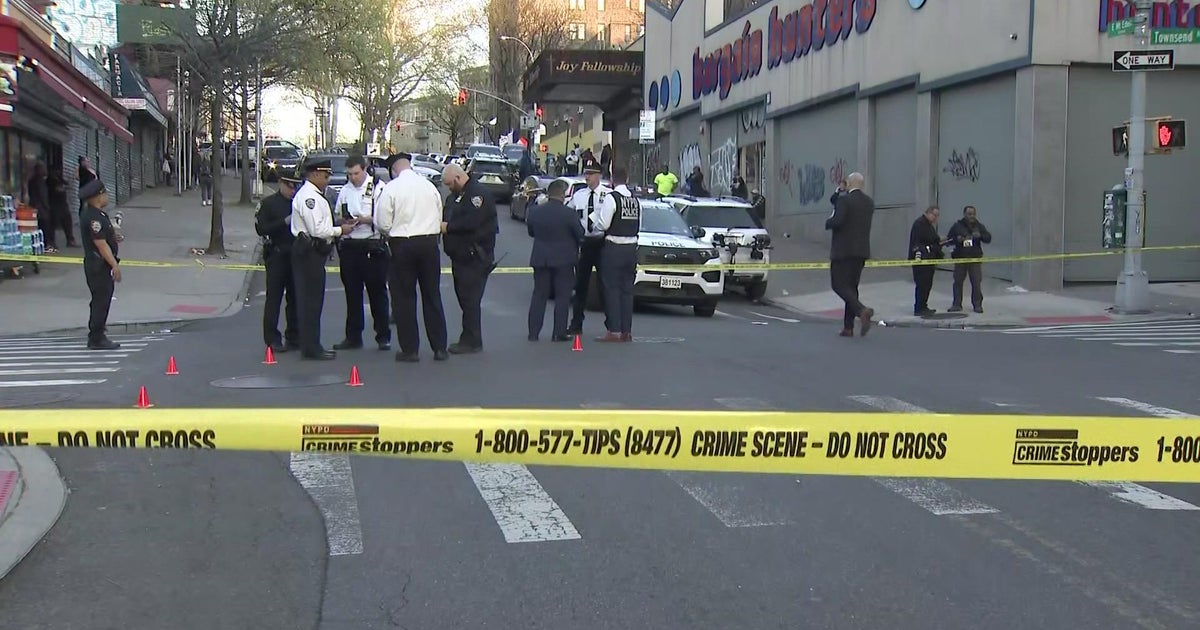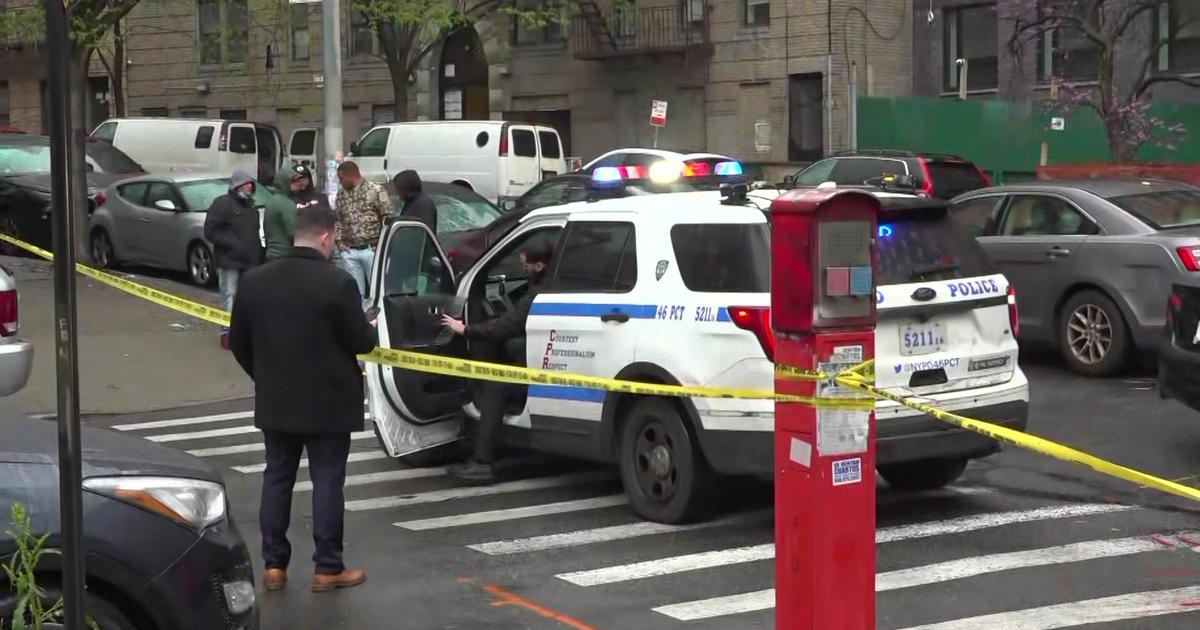N.Y. Court Of Appeals Considers Whether Police Lies Were Coercion
ALBANY, N.Y. (CBSNewYork/AP) -- The judges on New York's highest court grilled prosecutors and defense lawyers Tuesday in trying to determine when police go too far in lying to suspects.
At a hearing on two appeals, the Court of Appeals focused on the point where interrogations become coercive, making the confession involuntary and inadmissible in court.
The cases involve a Troy man whose infant son died with a head injury and infection in 2008 and a New Rochelle man whose girlfriend overdosed on drugs in 2009. Each suspect was told by police that doctors needed to know what happened to save the victim, who in both cases was already dead.
Adrian Thomas, 31, was convicted of murder in his son's death. He's in prison, sentenced to 25 years to life.
"How is this deception different from other deceptive practices police are able to use?" Judge Jenny Rivera asked.
Attorney Jerome Frost said police threatened to blame Thomas' wife if he didn't confess. Frost said Thomas' incriminating statements about throwing the boy down in his crib were coerced, and a midlevel court should have thrown out his conviction. The defense medical experts concluded the child died from the infection, not any head injury, he said.
"A confession must be the product of a suspect's free will. One hour in, police threatened four times to arrest his wife and prosecute her if he did not implicate himself,'' Frost said. Asked about establishing a bright line rule for police conduct, he said: "The rule is you don't threaten a person's vital interests."
Chief Judge Jonathan Lippman questioned officers' actions of telling Thomas 67 times that they knew he was innocent and that what happened to his son was an accident.
Judge Robert Smith questioned the fairness of interrogators insisting it was a life-or-death matter.
"'Your child will die.' Is there anything that could overbear your free will more than that?'' Judge Robert Smith said. "How could it not --- when you think there's even a chance to save your child's life?''
Rensselaer County Assistant District Attorney Kelly Egan said deception by police is permissible as long as it doesn't overcome a suspect's free will. Egan said that didn't happen with Thomas, and court precedent calls for examining total circumstances surrounding the confession.
"They said they were going to scoop his wife up,'' Egan said, disputing Frost's account. "They did not threaten to arrest his wife."
Paul Aveni's conviction of criminally negligent homicide was overturned by a midlevel court that concluded police implicitly threatened him with a homicide charge if his silence led to his girlfriend's death.
Westchester County Assistant District Attorney Raffaelina Gianfrancesco urged the top court to reject that conclusion, arguing that the lower court conflated the issues and never applied the weight of the evidence. "Deception is but one factor to consider in the totality of circumstances test," she said.
The prosecutor added that she knew of only one case in which a police interrogation was considered by a court to be fundamentally unfair, a ruse where a psychiatrist was secretly brought in to interview a suspect.
"What is fundamentally unfair is saying if you don't provide us with certain information, somebody is going to die,'' defense attorney David Weisfuse argued. That's coercion, like a credible threat of violence that produces an incriminating statement, he said.
The Court of Appeals rulings are expected next month.
You May Also Be Interested In These Stories
(TM and © Copyright 2014 CBS Radio Inc. and its relevant subsidiaries. CBS RADIO and EYE Logo TM and Copyright 2014 CBS Broadcasting Inc. Used under license. All Rights Reserved. This material may not be published, broadcast, rewritten, or redistributed. The Associated Press contributed to this report.)



